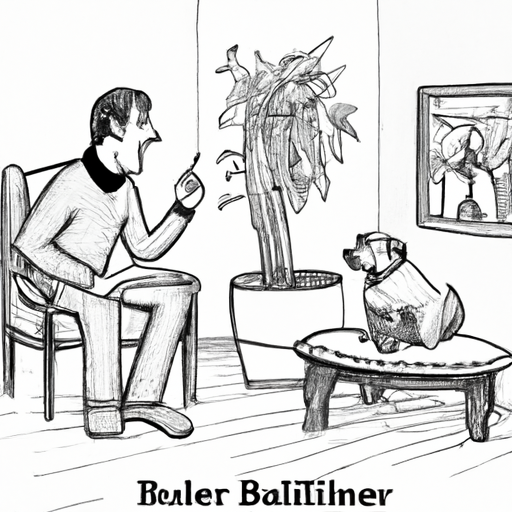Barking is a natural way for dogs to communicate, but when it becomes excessive, it can be a nuisance. In this guide, we will explore eight strategies that can help you get your dog to stop barking.
1. Understand Why Your Dog Barks
First and foremost, it’s important to understand why your dog barks. Dogs bark for a variety of reasons including:
- Alert/warning
- Anxiety
- Boredom
- Seeking attention
- Responding to other dogs
By identifying the triggers, you can tailor your approach to manage your dog’s barking.
2. Remove or Minimize the Barking Triggers
Once you’ve identified the triggers, you can work towards removing or minimizing them. For example:
- If your dog barks at people or other dogs passing by the window, try closing the blinds or moving your dog to another room.
- If your dog barks when left alone, consider using a pet sitter or daycare service.
3. Using Positive Reinforcement
Positive reinforcement is rewarding your dog for good behavior. The reward could be a treat, a favourite toy, or praise. Here’s how you can use it to curb barking:
- Wait for your dog to start barking, then calmly say a command like “Quiet” or “Enough”.
- Once your dog stops barking, reward them immediately.
- Repeat this process regularly until your dog associates the command with stopping barking.
4. Training Your Dog to Bark on Command
Another effective method is teaching your dog to bark and stop barking on command. This gives you control over your dog’s barking. Here are the steps:
- Choose a trigger that naturally makes your dog bark, like knocking on the door.
- Right before triggering the bark, say “Speak”.
- Once your dog starts barking, let them bark a few times, then say “Quiet” and offer a treat.
5. Provide Physical and Mental Stimulation
Boredom and pent-up energy can lead to excessive barking. Keep your dog mentally and physically stimulated with exercise and playtimes.
| Activity | Description |
|---|---|
| Walking | A daily walk can help burn off energy and reduce barking. |
| Playtime | Games like fetch or tug-of-war can provide physical and mental stimulation. |
| Training | Regular training sessions can keep your dog’s mind sharp and reduce barking. |
6. Use Specialized Training Tools
There are several training tools that can help manage barking. These can include:
- Bark collars: These devices deliver a mild shock, vibration, or spritz of citronella when your dog barks.
- Ultrasonic devices: These emit a high-pitched sound that only dogs can hear, which interrupts and deters barking.
7. Consult a Professional
If your dog’s barking continues to be a problem, don’t hesitate to seek help from a professional dog trainer or behaviorist. They can provide personalized training and strategies to manage your dog’s barking.
8. Be Patient and Consistent
Last but not least, remember that training takes time. It’s important to be patient and consistent with your dog.
Frequently Asked Questions
1. What if my dog barks at night?
Try to find out why your dog is barking at night. It could be due to boredom, hunger, the need to go to the bathroom, or disturbances like noise and light. Once you identify the cause, you can address it appropriately.
2. Can I use a bark collar on my puppy?
Most experts advise against using bark collars on puppies. It’s better to use positive reinforcement methods to train your puppy.
3. How long will it take to train my dog to stop barking?
The duration of training varies for each dog. It can take a few weeks to several months, depending on the dog’s age, temperament, and the frequency and intensity of the barking.
Remember, patience and consistency are key to a successful training process. Your canine companion depends on you for guidance, so stay positive and supportive throughout their learning journey.



